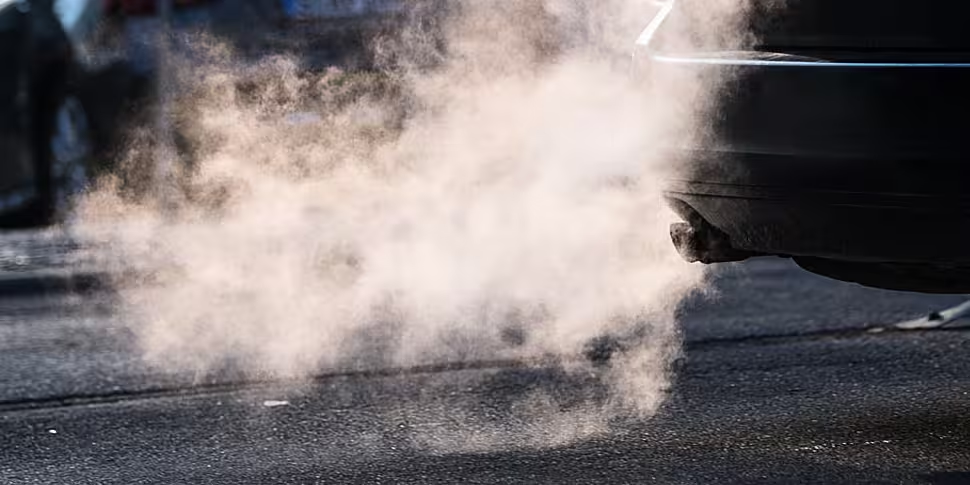Carbon dioxide emissions could fall by up to 12% in 2020 as a result of the COVID-19 crisis.
The Sustainable Energy Authority of Ireland (SEAI) says early data it has received so far indicates a large drop, but the group is warning that will probably be temporary due to the current restrictions.
It comes as the restrictions on movement have seen a drop in the number of cars on the roads, leading to a reduction in petrol and diesel emissions.
The widespread grounding of flights has also seen demand for fuel plummet in recent weeks.
Jim Scheer, head of data and analytics at the SEAI, explained: "We're expecting to see about a 25% drop in transport for 2020 - that's an early estimate.
"That would be very significant, given that transport is over 30% of our [carbon dioxide] emissions in Ireland."
The early estimates for next year come after data shows that carbon emissions fell by just under 4% last year, which is the equivalent of 1.5 million tonnes of CO2.
Emissions in 2019 were 22% below 2005 levels, but higher than 2014.
Mr Scheer said last year's figures are a result of a reduction in coal and more focus on renewables.
He explained: "We've made quite strides in the use of renewables for electricity generation, mainly from wind.
"There are significant opportunities to do more there - a huge effort in offshore wind, for example, could mean Ireland could reach its stretch target of 70% renewables for electricity by 2030.
"But we've a lot more work in terms of renewables for heat and also for transport."
The SEAI data shows wind now accounts for almost a third of all electricity in Ireland.
Meanwhile, the use of coal for generating electricity fell by 70% in 2019, with the SEAI pointing to the reduction in capacity at the Moneypoint power station in Co Clare as a major factor in that reduction.









